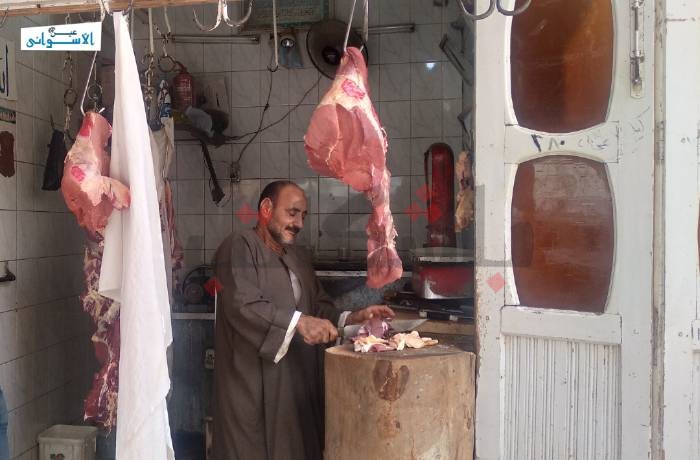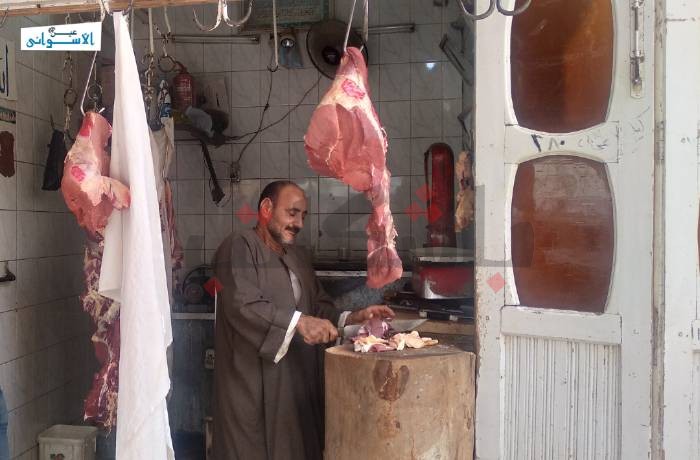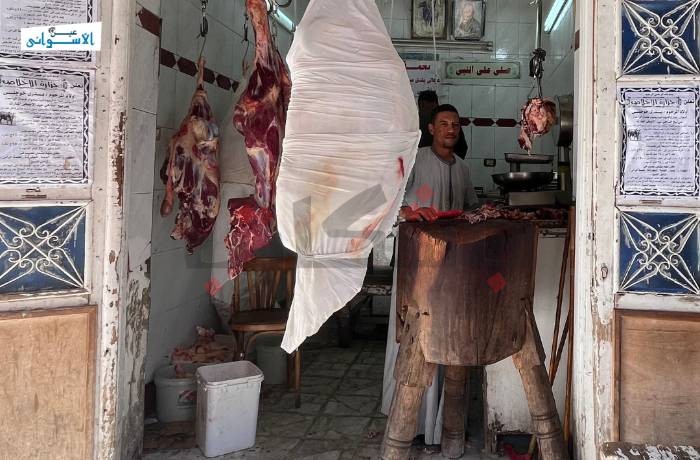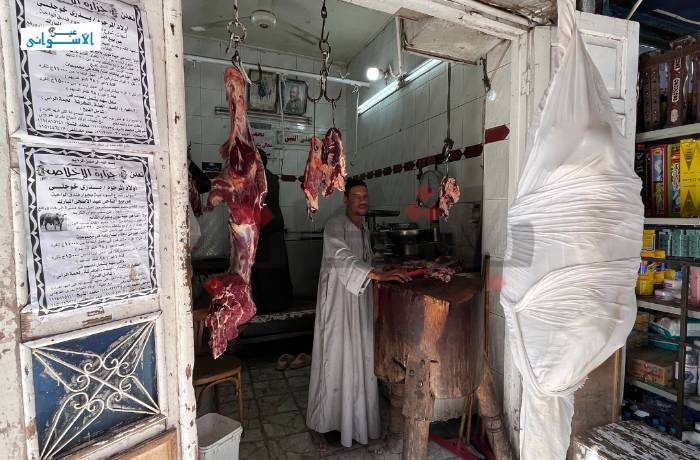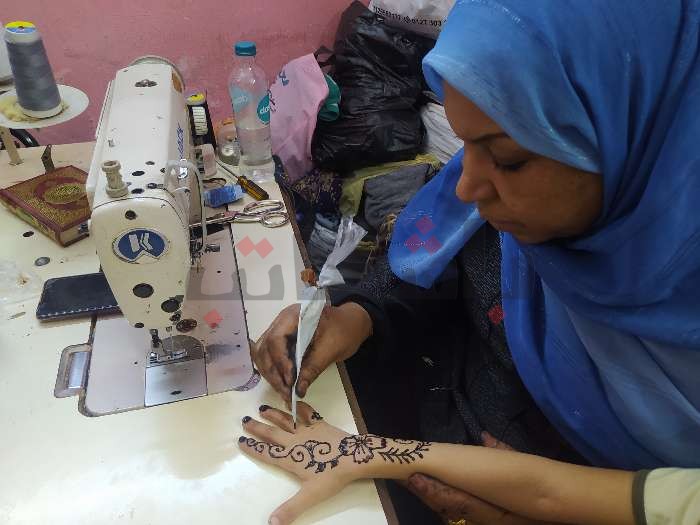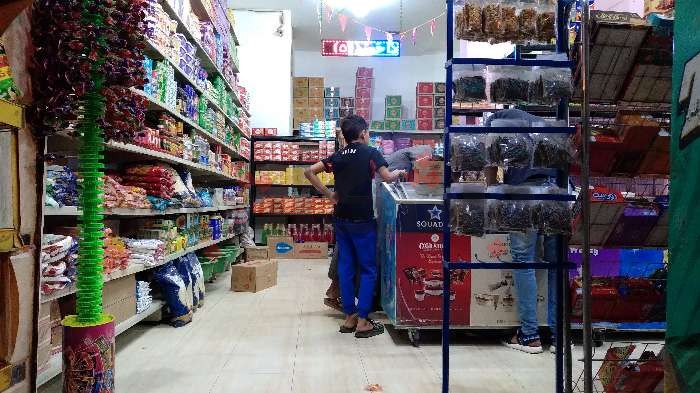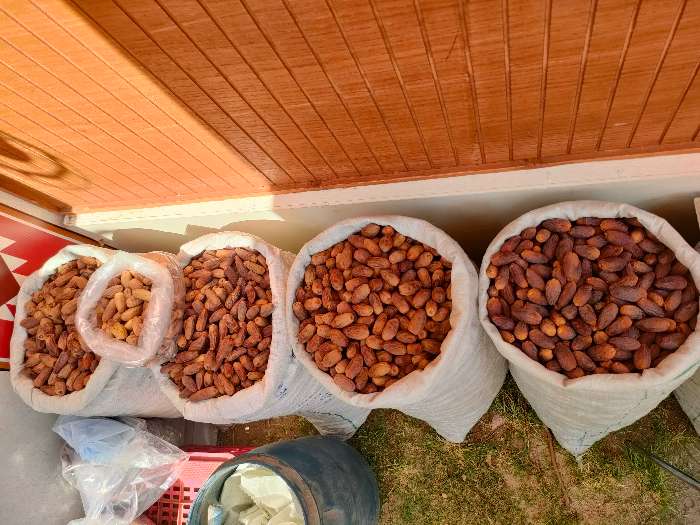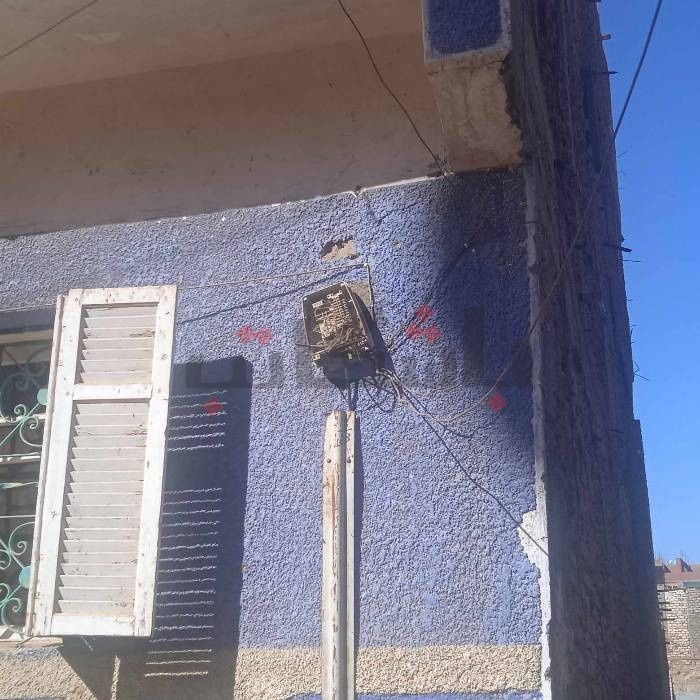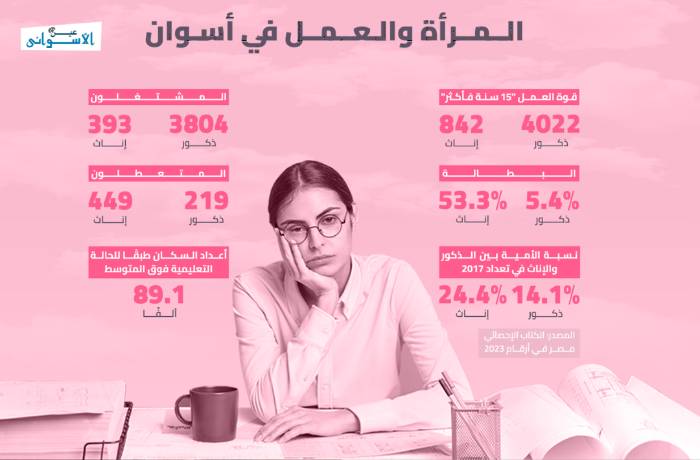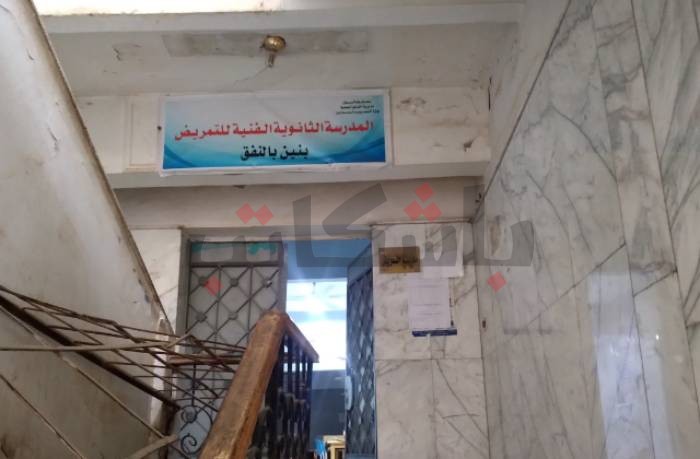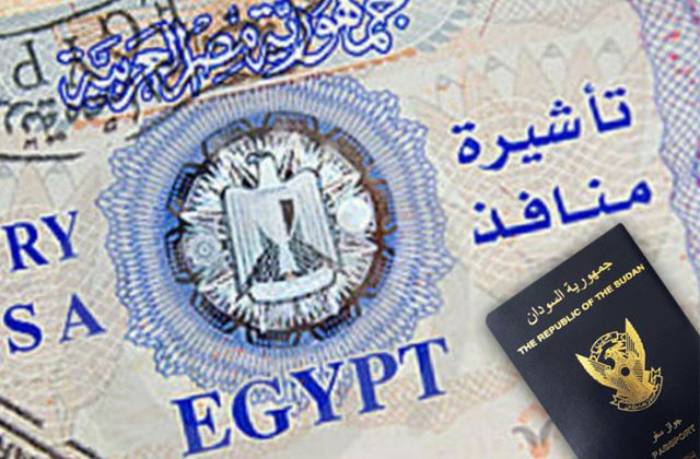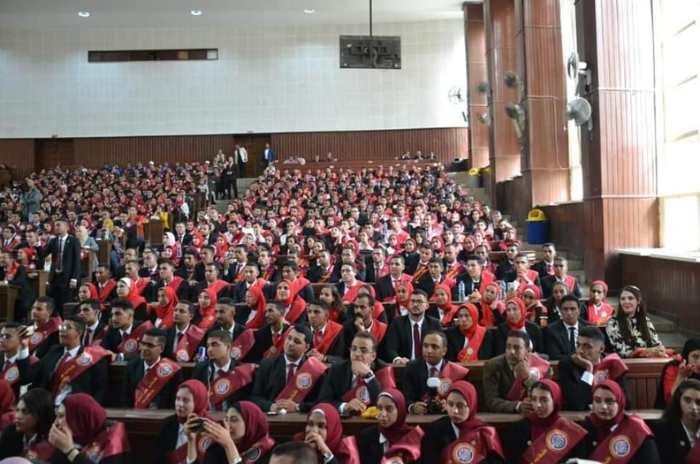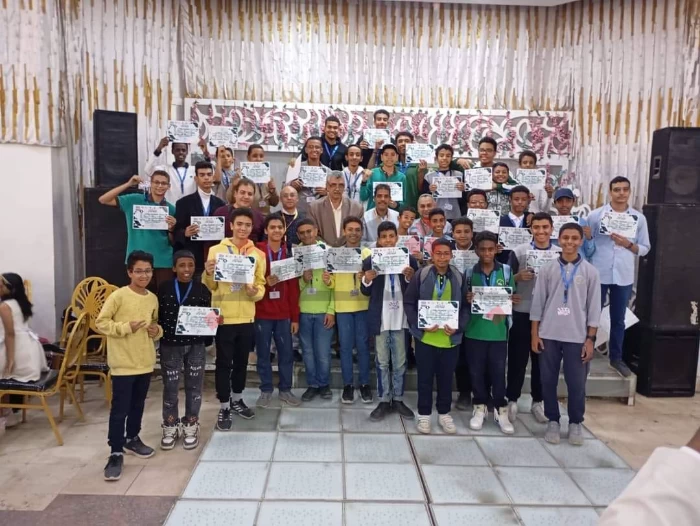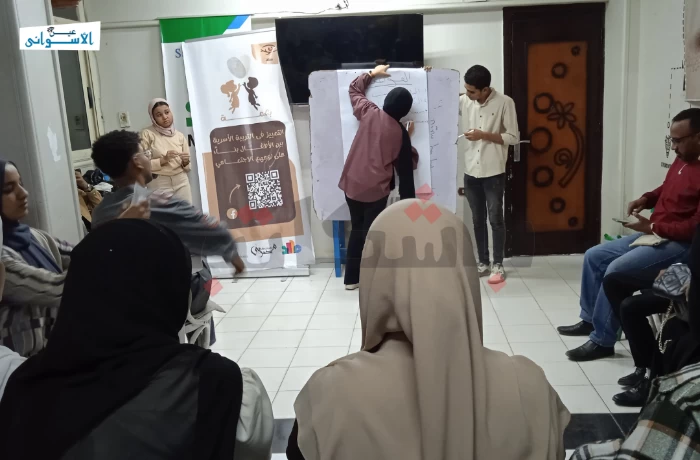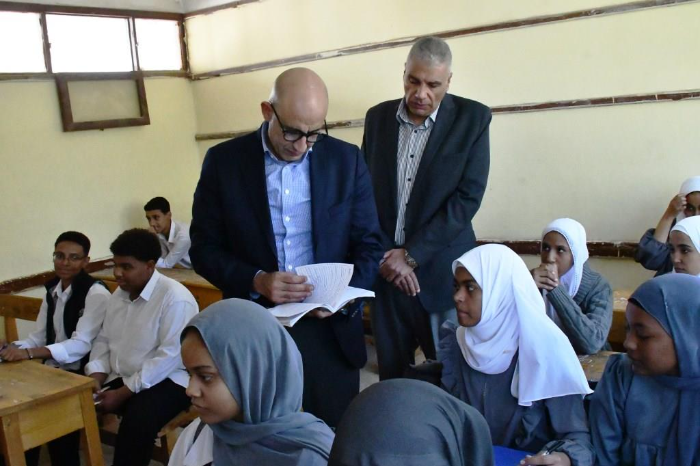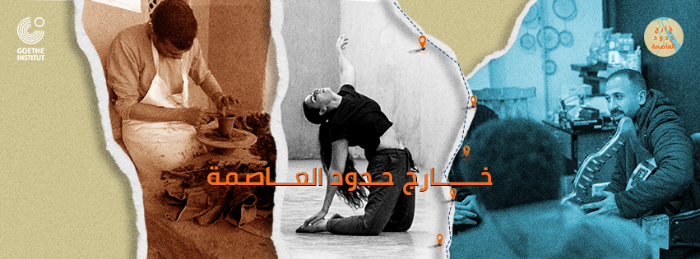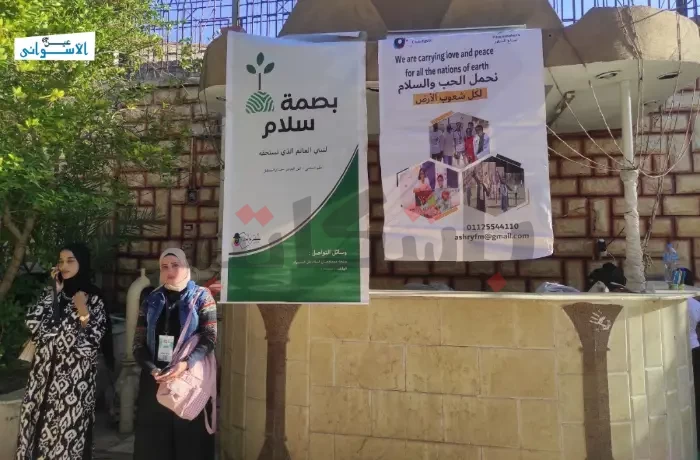As Al-Adha feast approaches, Egyptian families no longer consider buying an offering for sacrifice (sheep), but struggle to suffice their basic needs first, among those families in Aswan, Ismail Mohamed’s family; they only have meat twice a month, unlike before when they used to eat it weekly. The family will buy a kilo and half only for this feast and hope for the possibility of receiving more from their acquaintances.
Livestock (cows and buffalos) prices have recorded increasing prices, as the price of a kilogram of “fresh meat” reached 402 EGP in Mach, 2024, whereas it used to cost 259 EGP last year at the same month, with an increase of 55.1%, according to the informatics bulletin issued by the Central Agency for Mobilisation and Statistics, March 2024.
Last year, Ismail used to buy a kilo and half meat for 360 EGP, yet today he buys the same quantity for 600 EGP. Isamil, father of four, works at a private company and receives 8,00 EGP monthly salary.
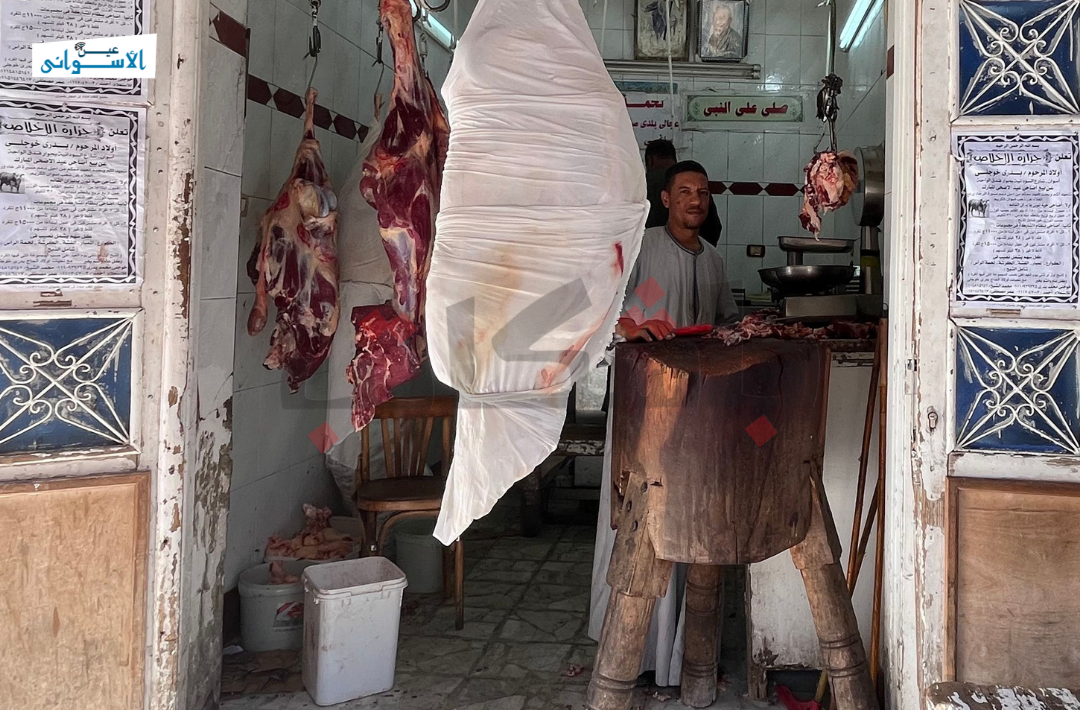
Ten years ago, Ismail used to slaughter a sacrificial sheep every feast, however, during the last ten years he only managed to do this twice, last in 2022, “at that time the sheep cost me 4,000 EGP, and got 13 kilograms from it, now a single sheep costs 10,000 EGP”.
In the past, Ismail used to save money to buy a sheep a very short time before the feast, yet things changed now; food expenses eat up the whole salary, “even saving money monthly may not suffice as prices are in continuous increase”, said Ismail.
Ismail is neither the first nor the last in a long list of Egyptians who are no longer able to buy sacrificial sheep; Abdullah Al-Sayed, a butcher in Al-Seil district, says that sales movement recently has reached less than half due to the meat high prices, adding, “customers who used to buy 2 kilos buys only one now”.
Abdullah buys livestock from Drau market, yet he thinks that the quantity offered in the markets is no longer the same as before, “nothing I can do but buy at these prices, for if I didn’t others will, especially it is the feast season and merchants sell livestock at highest prices instead of selling them to the butchers, I can’t have customers coming to my shop and don’t find meat, it will harm my business and they may not come again”.
Diab Mahmoud, a butcher and livestock breeder in the Industrial City, agrees with Abdullah; he believes that the demand on buying livestock is less than before, “we used to slaughter a calf or two at noon, now a single slaughtered calf remains until the evening”, the remaining fresh meat is kept in the store’s fridge.
Mahmoud compares meat prices this year’s Al-Adha feast and last year’s, he used to sell a kilo of local beef for 250 EGP, now he sells it for 360 EGP. He also used to sell Sudanese meat, but after the war it became impossible to obtain it. Currently, a kilo of Sudanese meat is nearly as expensive as the local one, costing 320 EGP instead of 180 EGP last year.
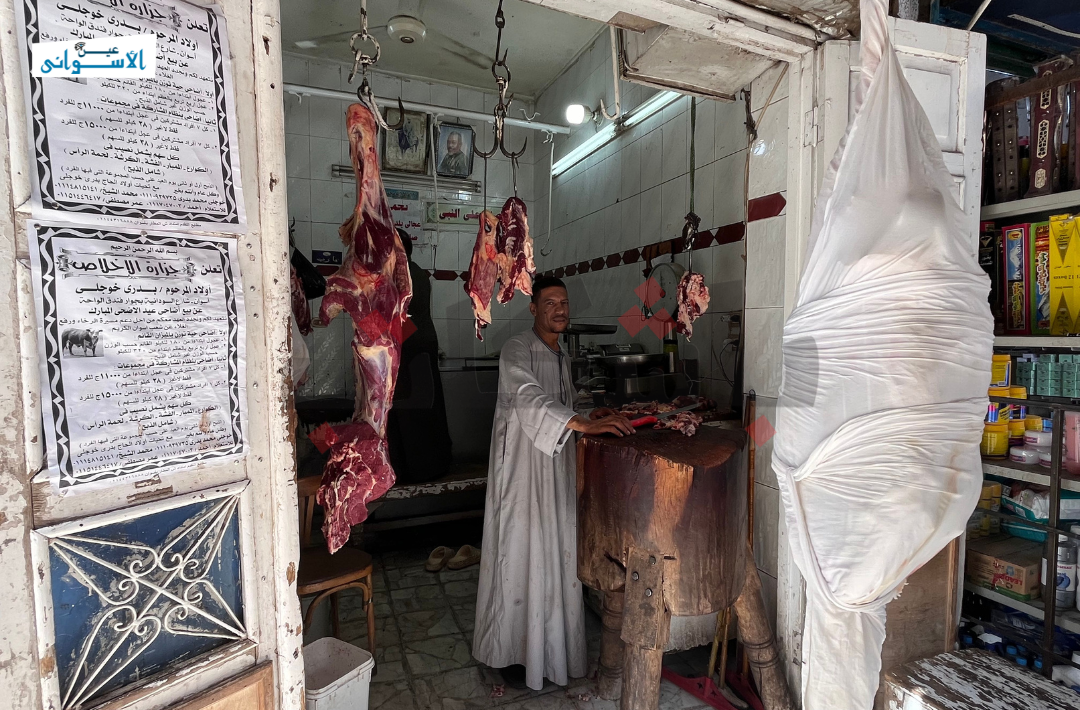
“Last year, the cheapest calf cost 28,000 EGP, currently it reaches 100,000 EGP, with 180 EGP per kilo (the price of a kilo of meat before being slaughtered)”, continued Diab, saying that the increasing prices do not stop at that, for the animal feed is also expensive, unlike before. If he buys a calf, he may have it sometimes up to a month, and is forced to spend about 4,500 EGP on the feed.
Diab says that customers do not consider the expenses butchers afford and that’s why the meat prices increase, “consequently after all these expenses and transferring the livestock, I won’t lose money by selling them at cheap prices, and I understand how families suffer from high prices, just like us”.
Asking Diab about the initiatives of selling meat at low prices reaching 250 EGP, he denies the possibility that butchers may sell at such prices, “if such meat exist, surely they are either imported or from an ill livestock”, he thinks this is illogical, “most customers cannot differentiate between types of meat”.
The United States Department of Agriculture issued a report in Novembre 2023, showing a decrease in local consumption of beef in Egypt in the fiscal year of 2024 by 6% compared to 2023, as a result of the decline in purchasing power and the rise in inflation, which recorded first place globally during the year 2023 three times successively at a rate of 36%.
Besides have a butcher shop near Al-Nafaq area, Al-Adha feast for Hussien Gomaa is a season for making extra profits from slaughtering sacrificial sheep, but he believes that his customers won’t be able to sacrifice any sheep this year due to the high prices of the livestock.
Gomaa says that livestock prices began to rise significantly in the past months with the increase in animal feed prices; one feed meal for a calf now costs 150 EGP per day, and thus the price of a kilo of meat increased from 280 EGP last year to 360 EGP this year, as butchers try to lessen their losses as much as possible, “besides the cost of feed, there are transportation, insurance, and slaughter expenses”.
Just like Ismail’s family, Mohamed Ali and his wife decided to cancel plans for buying sacrificial sheep this year, their daughter is starting college and prices are too expensive, eating away their savings more than last year, “we used to buy a kilo or two”.
Ali’s monthly salary is no longer able to suffice for saving for buying a sheep for Al-Adha feast, as the average price of the smallest sheep (30 kilograms) is 10,000 EGP, compared to five years ago with the price of 3,000 EGP, that’s why Ali will pay only for food and education; besides his daughter starting college, he has two sons in different school grades, “I cannot save a part of my only 8,000 EGP monthly salary”.
